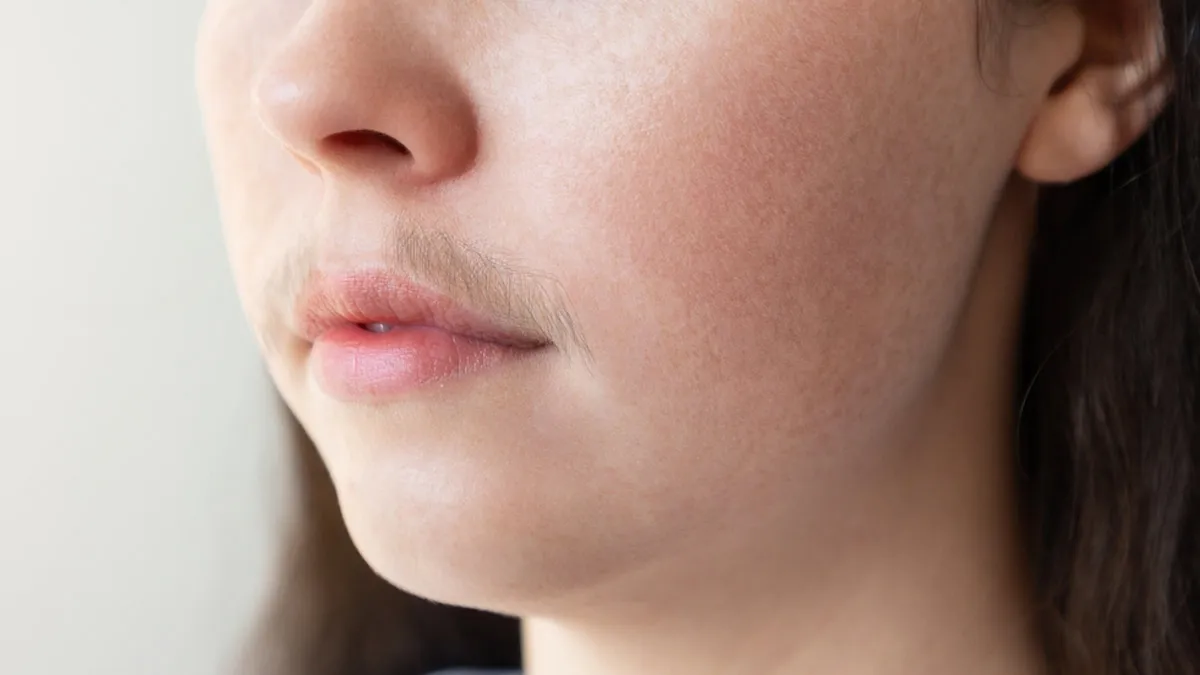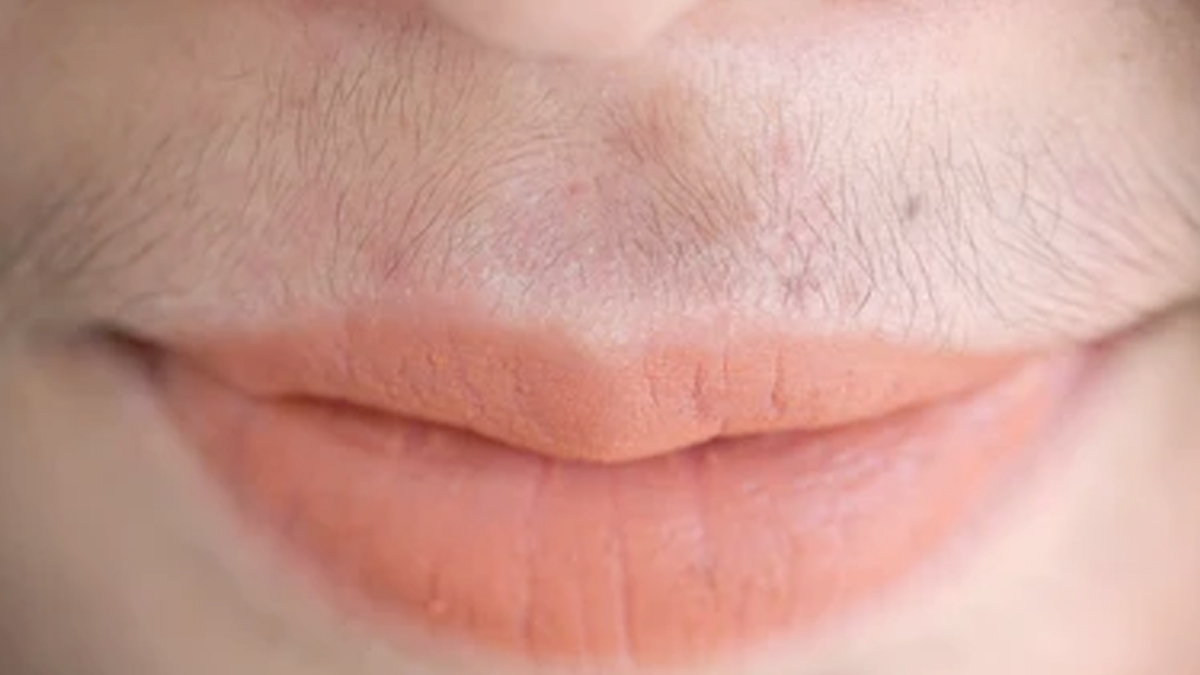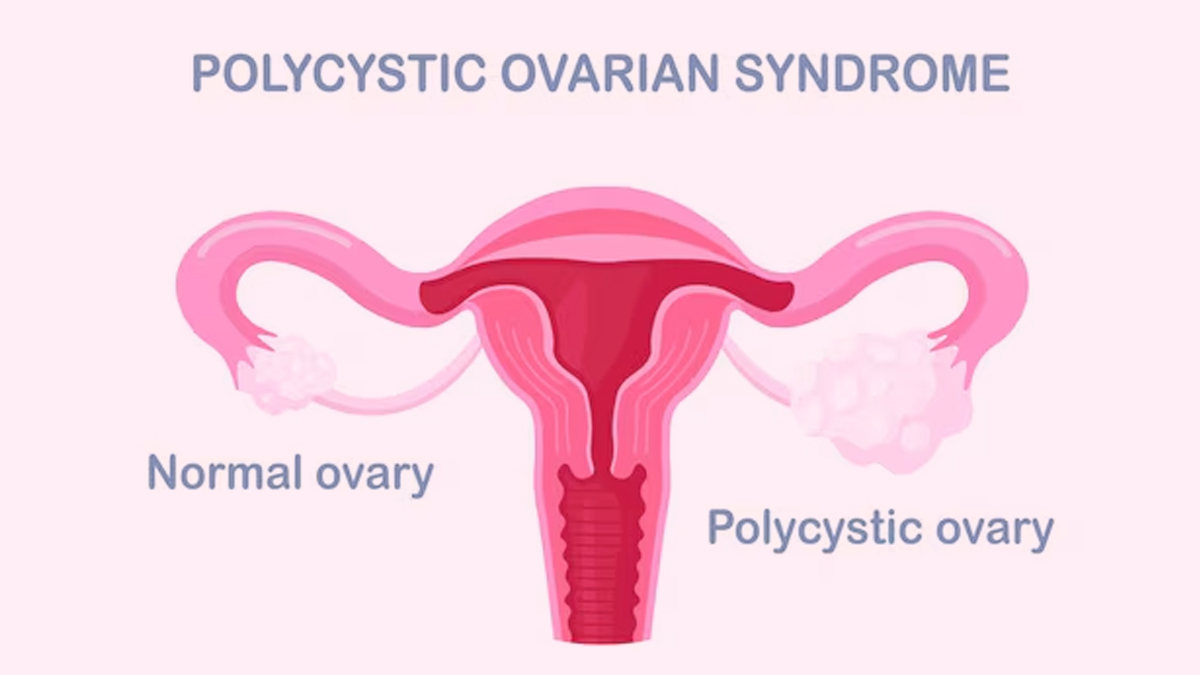
Are you struggling with unwanted hair growth that doesn’t feel like “you”? For many women, hirsutism, excessive hair growth in areas usually seen in men can be a tough and sometimes stressful issue to deal with. It’s often linked to hormonal imbalances, like those seen in Polycystic Ovary Syndrome (PCOS), but there’s good news: there are simple steps you can take to feel more in control. In this article, we list tips to balance your hormones and reduce the effects of hirsutism, all while improving your overall well-being.
Table of Content:-

According to StatPearls, hirsutism is the growth of excessive male-pattern hair in women following puberty. It typically affects androgen-dependent areas, including the moustache and beard regions, pubic hair, buttocks, and thighs. This condition is a common reason for seeking dermatological advice.
Also Read: Importance Of Hormonal Balance Explained By Actor-Nutritionist Bhagyashree Dassani
Causes of Hirsutism

Hirsutism usually results from an overproduction of androgens or increased sensitivity of hair follicles to these hormones. The most common underlying causes include:
Polycystic Ovary Syndrome (PCOS): A hormonal disorder that affects ovarian function and leads to elevated androgen levels. According to a 2012 study, PCOS was identified as the most frequent cause of hirsutism.
- Cushing’s Syndrome: Caused by excessive cortisol, which can influence androgen production.
- Medications: Certain drugs, like anabolic steroids or some hormonal treatments, can trigger hirsutism.
- Genetics: Family history can predispose individuals to hirsutism, especially in certain ethnic groups.
Addressing these root causes often requires a combination of medical intervention and lifestyle adjustments. Below are practical tips to help balance your hormones and reduce the effects of hirsutism.
1. Prioritise a Hormone-Balancing Diet
The food you consume has a profound impact on your hormonal health. Eating nutrient-dense, whole foods can help balance androgen levels and promote overall hormonal health.

- Focus on Low Glycemic Index (GI) Foods: High-GI foods cause blood sugar spikes, which can exacerbate insulin resistance and increase androgen production. Choose whole grains, legumes, vegetables, and lean proteins.
- Incorporate Healthy Fats: Foods like avocados, nuts, seeds, and fatty fish are excellent for maintaining healthy hormone production.
- Limit Processed Foods and Sugars: Excess sugar and processed foods can disrupt hormone levels, leading to further imbalance.
- Stay Hydrated: Drinking adequate water supports overall metabolic and hormonal functions.
2. Engage in Regular Physical Activity
Exercise plays a key role in regulating hormones, particularly insulin, which has a direct link to androgen production.
- Strength Training: Helps improve insulin sensitivity, which can reduce androgen levels.
- Cardiovascular Exercise: Activities like running, swimming, or cycling enhance overall metabolic health and hormone regulation.
- Stress-Reducing Exercises: Practices like yoga and tai chi can lower cortisol levels, indirectly balancing other hormones.
3. Manage Stress Levels
Chronic stress leads to elevated cortisol, which can disrupt hormonal balance and exacerbate hirsutism. Effective stress management techniques include:

- Mindfulness and Meditation: Regular mindfulness practices can lower stress hormones and promote hormonal harmony.
- Adequate Sleep: To regulate hormones, you should sleep between 7-9 hours each night.
- Deep Breathing Exercises: Simple breathing techniques can reduce stress levels instantly.
Also Read: 7 Things You Must Know About PCOS
4. Explore Natural Supplements
Certain supplements may aid in balancing hormones, but it’s essential to consult a healthcare provider before starting any regimen.
- Spearmint Tea: Known for its anti-androgenic properties, it can help reduce excessive hair growth.
- Inositol: A supplement often recommended for women with PCOS to improve insulin sensitivity.
- Vitamin D: Low levels of vitamin D are linked to hormonal imbalances; supplementation can support overall health.
- Omega-3 Fatty Acids: Found in fish oil or flaxseed oil, omega-3s are beneficial for reducing inflammation and balancing hormones.
5. Address Underlying Medical Conditions
If hirsutism is caused by conditions like PCOS or Cushing’s Syndrome, medical treatment is essential. Work closely with your healthcare provider to:
- Manage PCOS symptoms through medication or lifestyle adjustments.
- Regulate cortisol levels if Cushing’s Syndrome is the root cause.
- Review and adjust any medications that may contribute to hirsutism.
[Disclaimer: This article contains information provided by an expert and is for informational purposes only. Hence, we advise you to consult your professional if you are dealing with any health issues to avoid complications.]
Also watch this video
How we keep this article up to date:
We work with experts and keep a close eye on the latest in health and wellness. Whenever there is a new research or helpful information, we update our articles with accurate and useful advice.
Current Version